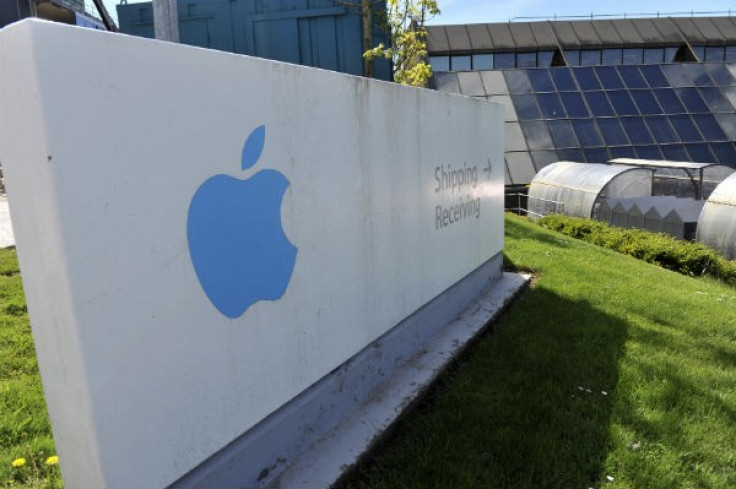Apple's Tax Loophole Closed by Irish Government
A tax loophole which allow Apple to pay avoid paying any tax on billions of dollars of revenue has been closed by the Irish government.

Announced as part of the Irish government's 2014 budget, the change in the tax law means that companies registered in Ireland for tax reasons will no longer be allowed to be 'stateless' in terms of their residency.
Minister for Finance Michael Noonan announced the details in his speech in the Irish parliament on Tuesday. The new changes are set to shut a loophole used by some of the biggest companies in the world to legally avoid paying high rates of income tax.
The issue came to light in May of this year when the a US Senate committee questioned the tax practices of large companies like Google and Apple, who were funnelling huge portions of their revenue through overseas subsidaries.
Tax resident
Apple's complex financial arrangements meant it had three subsidiaries in Ireland, where the corporate tax rate is just 12.5%, but due to the now-closed loophole, these subsidiaries did not appear to be tax-residents of any nation.
With the new changes, Noonan is attempting to reassure the Irish public that large companies were not going to be able to avoid paying corporation tax, he refused to budge on increasing level of corporation tax, despite calls from people inside and - more vocally - outside of Ireland to do so.
"We are 100% committed to the 12. 5% corporation tax rate," he said on Tuesday. "This will not change."
Long angered
During a hearing in front of a US Senate committee, Apple revealed that its tax arrangements in Ireland dated back 30 years, having been negotiated with the Irish government of the day.
This is a situation which has long angered European peers such as France and Germany by helping multinationals to avoid paying tax on sales its makes to their citizens in their domestic markets.
Following the issue being highlighted, the Irish government denied it was to blame for Apple not paying more in tax. Deputy prime minister Eamon Gilmore said at the time:
"They are not issues that arise from the Irish taxation system. They are issues that arise from the taxation systems in other jurisdictions and that is an issue that has to be addressed first of all in those jurisdictions."
Apple has denied using "tax gimmicks" claiming it is one of the highest US taxpayers, having paid $6 billion (£3.76bn) in federal corporate income tax for the 2012 financial year, and expects to pay over $7bn this year.
© Copyright IBTimes 2024. All rights reserved.







